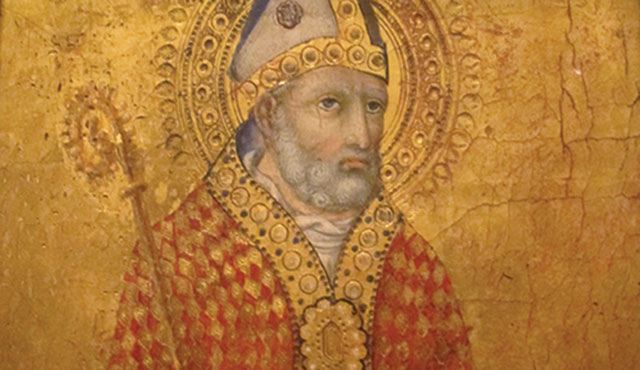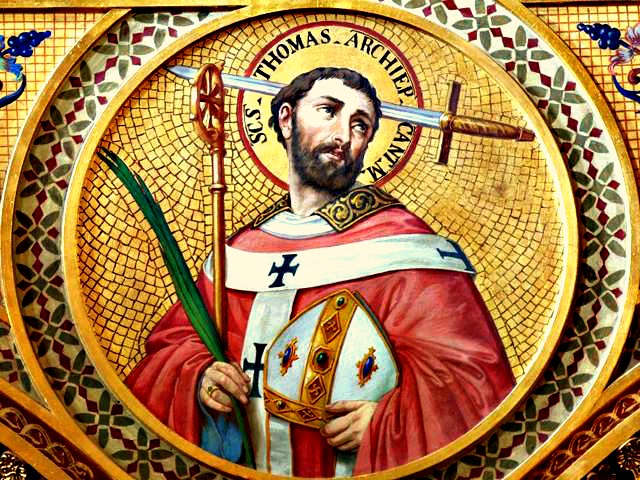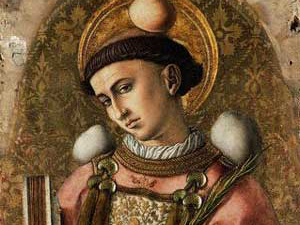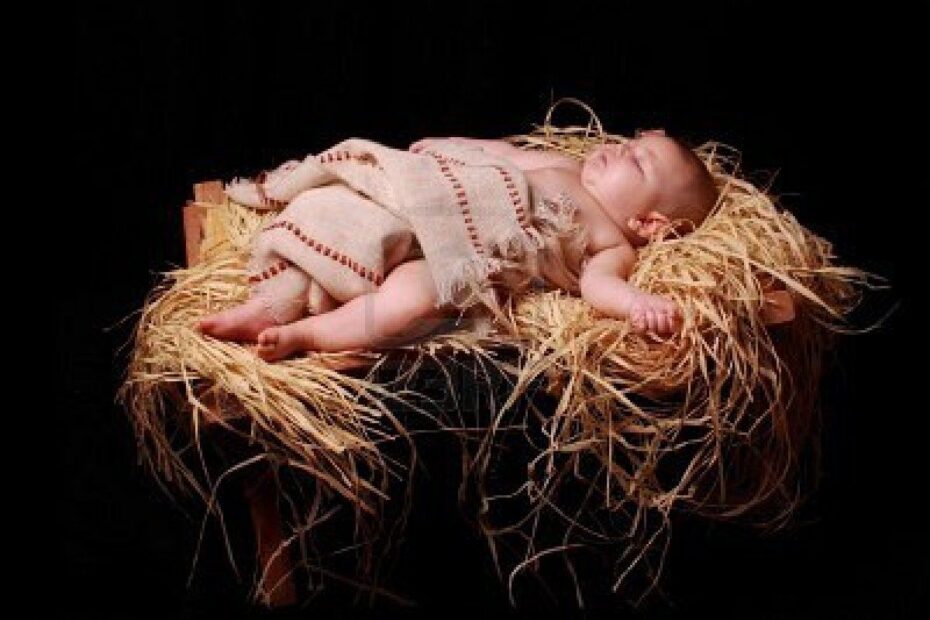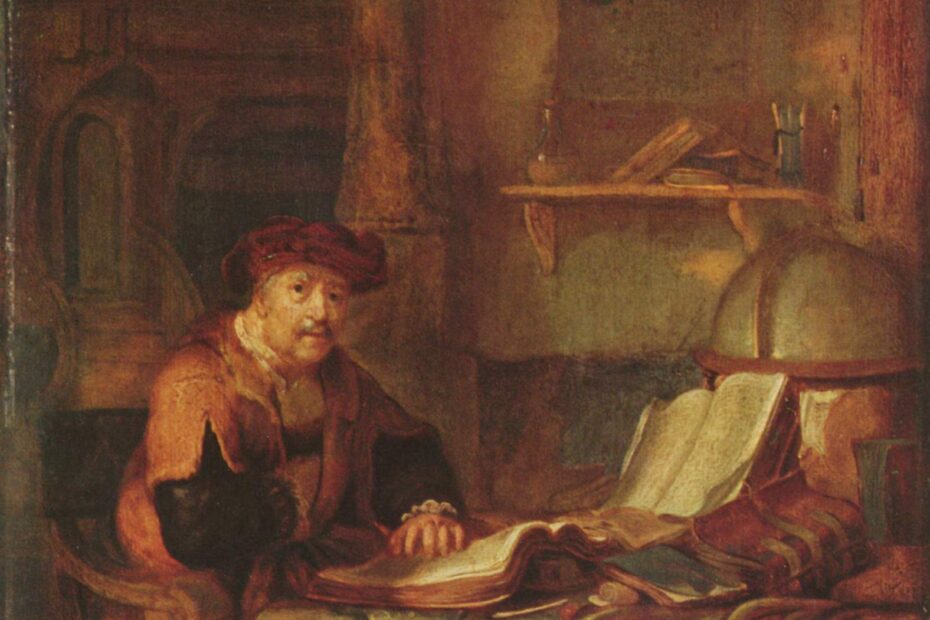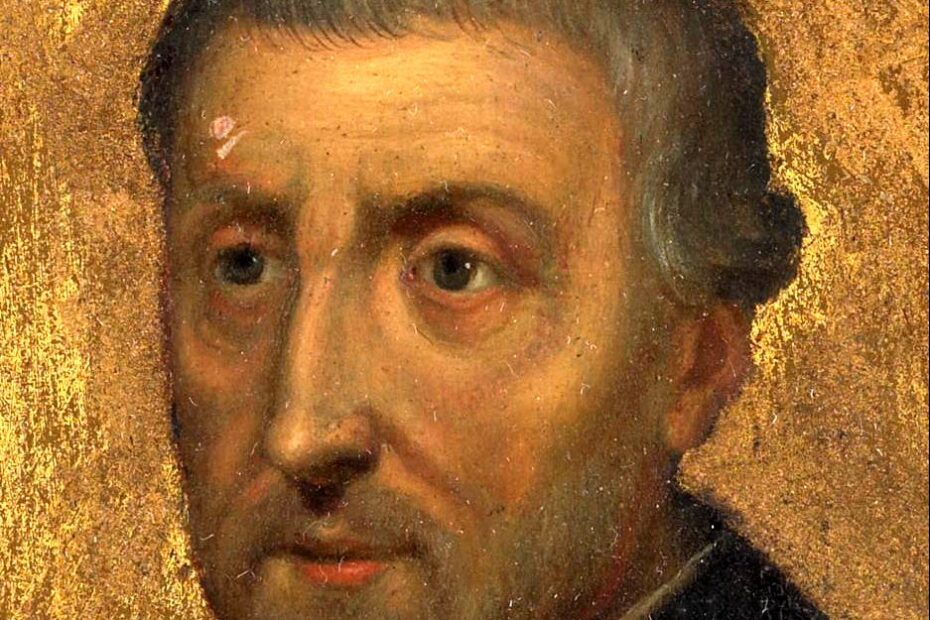Saint Sylvester
St. Sylvester was born in Rome toward the end of the third century.
He was a young priest when a persecution of Christians broke out under the tyrant Diocletian. Idols were erected at the corners of the streets, in the market-places, and over the public fountains, so that it was scarcely possible for a Christian to go abroad without being put to the test of offering sacrifice, with the alternative of apostasy or death. During this fiery trial, Sylvester strengthened the confessors and martyrs, God preserving his life from many dangers.

